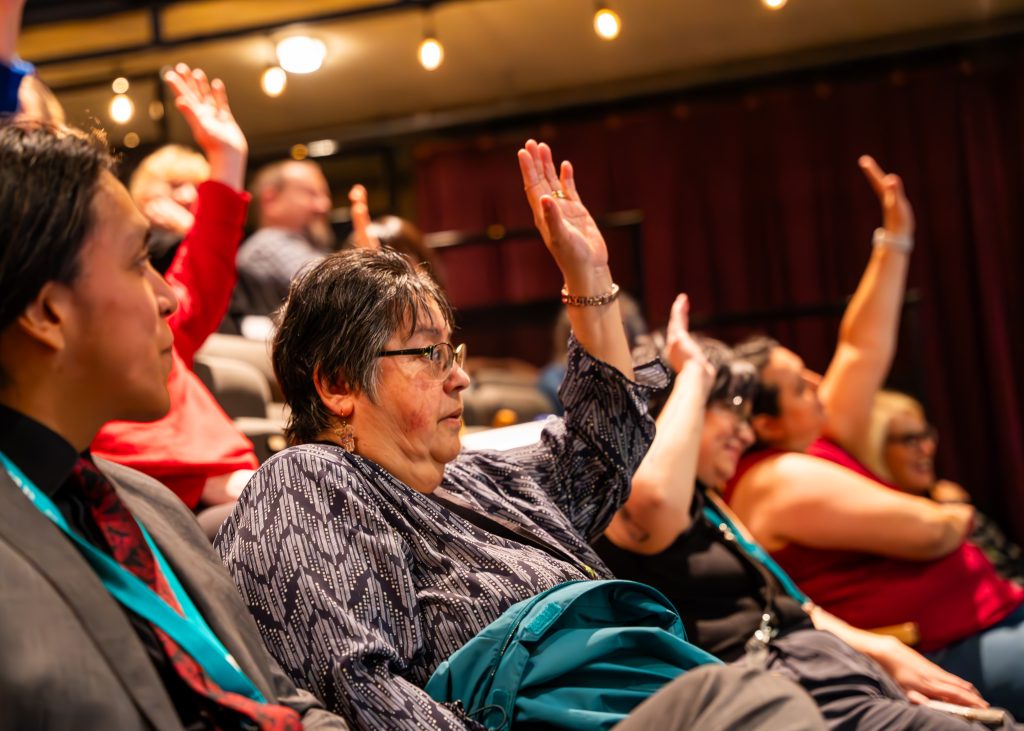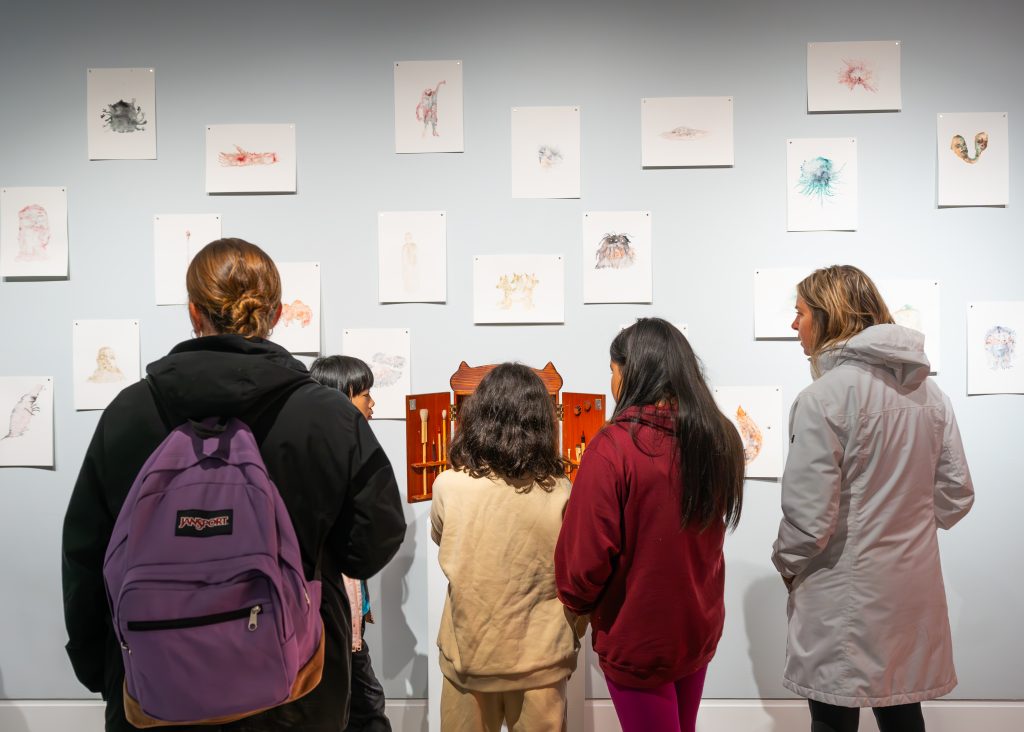SYSTEMS CHANGE
Transforming how we work and do creativity.
What is Systems Change?
Here at Arts BC, when we talk about systems change we’re focused on the following principles:
- Systems thinking urges us to take a step back and look at the bigger picture.
- Systems change projects tackle the root causes of issues by disrupting the ways that systems work.
- This disruption sometimes means challenging the way things have traditionally worked as a means to invite a process of reimagination.
At the core, systems change thinking is about exploring alternative ways of leading, collaborating, and creating in our community. Keep reading to learn more about how this all connects back to our work in knowledge sharing along with the ongoing barriers impacting the pace of change in our sector.
Knowledge Sharing Themes

It’s About New Voices
Differenet voices, perspectives, and ideas are nessecary for true change to occur. Making space, working together, and amplifying the voices of those whose voices are not always heard.

Along with Fresh Thinking
Fresh Thinking shows how new approaches and innovative practices are solving old issues and challenges in our sector. Getting to the root cause of a problem by considering other angles, being open to ideas while engaging with connected communities are keys to success in designing creative solutions. It’s all about taking a step back and looking at the bigger picture.
The Four Barriers to Change
1. Have vs Have Not Thinking
This barrier reflects the impoverished and scarcity-based thinking of many arts organizations who have difficulty cycling out of their current capacity. In some cases, due to an organizational culture that may not value skills and professional development or openness to new ideas and practices, and cites lack of resources as their main issue (while many other organizations have cycled out of their limited capacity towards abundance).
2. Need for More Local Cultural Leadership
This is a barrier that often sits within local governments that consider arts and culture work as ‘nice to have’ or ‘frill’ – labor that isn’t deemed central to the health and success of a community. Ultimately, this is a barrier centered on a lack of awareness of the social and economic impact of the arts. It also has its roots down to an individual, philanthropic level where there is a need for increased understanding of donor development.
3. Need for a more Equitable Sector
Often cited by those working in organizations within our sector is a lack of experience, knowledge and capacity to engage meaningfully with BIPOC (Black, Indigenous, People of Colour), Deaf and disability, and LGBTQ2S+ communities. Underlying factors to this barrier include working from an inherited colonial bias, uncertainty, low threshold for risk and discomfort.
4. Burn Out in the Arts
There is a fundamental lack of work/life balance for many working in arts and culture. Many often having to sacrifice their health, personal life, and financial position for the work they do for their organizations and communities. At the root, it’s a systemic issue that undermines the value of time and capacity of artists and cultural workers, and the need for professionalizing arts administration in B.C.
Have Questions?
Are you interested in learning more or have questions about systems change and how we apply that to our work at Arts BC? Email us at [email protected] or give us a call at +1-778-410-5104.

